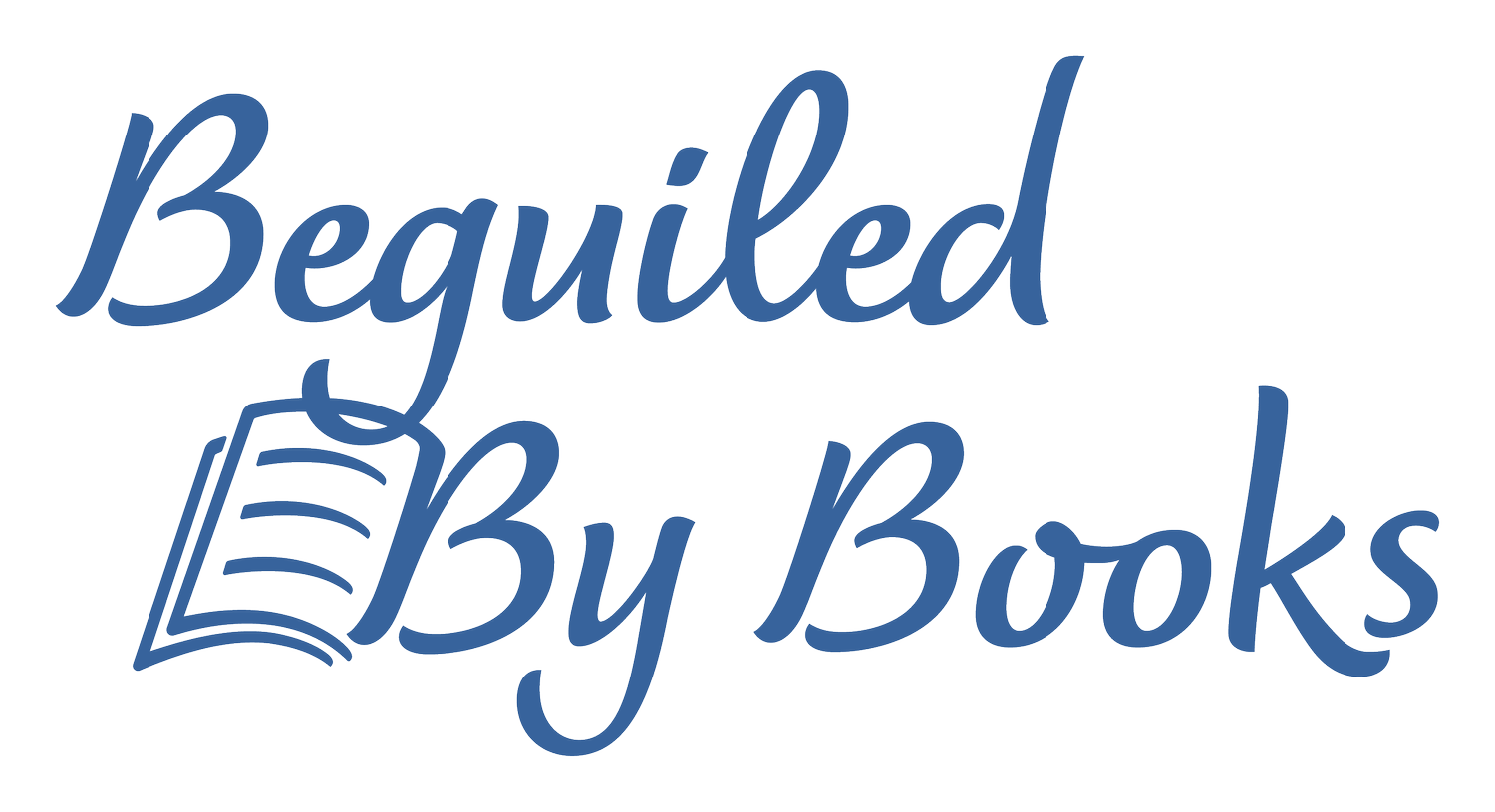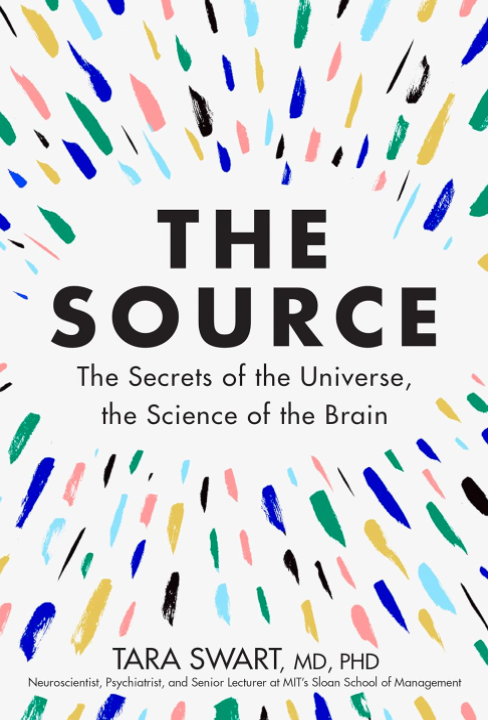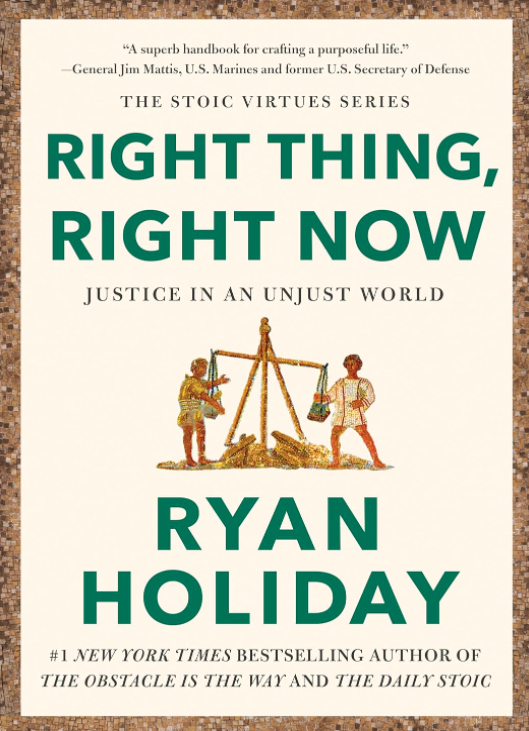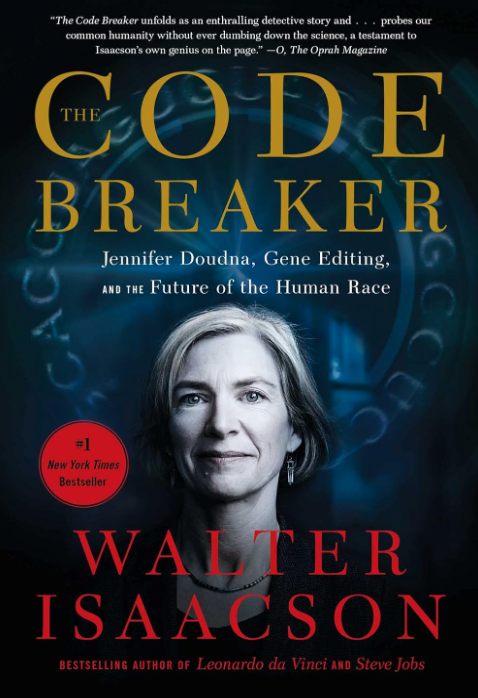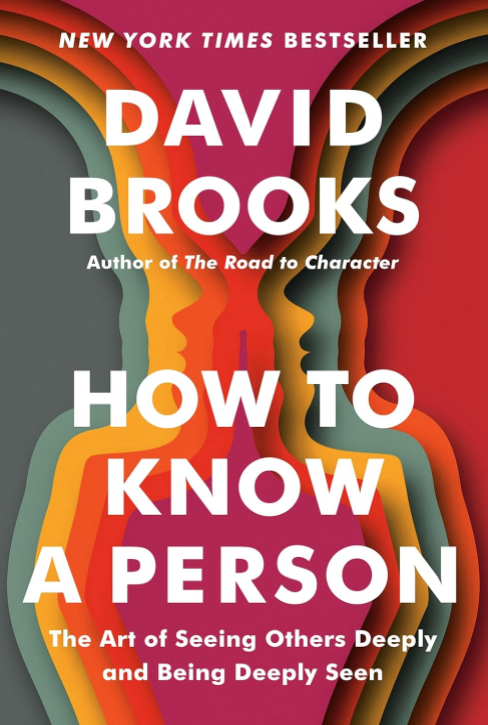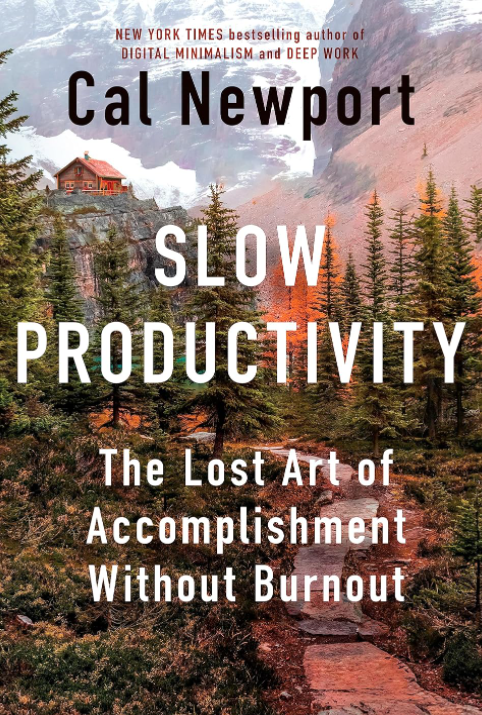The Source: The Secrets of the Universe, the Science of the Brain by Tara Swart
We live a life dominated by stress and are too busy to really take notice of who we are, where we are going and what we want from life. We are now at a moment where technology will disrupt our minds and bodies more than we can begin to imagine.
Entangled Life: How Fungi Make Our Worlds, Change Our Minds & Shape Our Futures by Merlin Sheldrake
We are ecosystems, composed of—and decomposed by—an ecology of microbes, the significance of which is only now coming to light.
All in Her Head: The Truth and Lies Early Medicine Taught Us About Women's Bodies and Why It Matters Today by Elizabeth Comen M.D.
When fear stops us from asking questions, it stops us from solving treatable problems.
Unmasking Autism: Discovering the New Faces of Neurodiversity by Devon Price
Diagnosis is a gatekeeping process, and it slams its heavy bars in the face of anyone who is too poor, too busy, too Black, too feminine, too queer, and too gender nonconforming, among others.
How to Be F*cking Happy by Dan Meredith
I'm a huge believer that, as long as you’re still alive and your heart beats in your chest, you can change, you can improve, you can influence, you can motivate, you can build, and you can do better.
Right Thing, Right Now: Good Values. Good Character. Good Deeds by Ryan Holiday
“The clearest evidence that justice is the most important of all the virtues comes from what happens when you remove it. It’s remarkably stark: The presence of injustice instantly renders any act of virtue—courage, discipline, wisdom—any skill, any achievement, worthless…or worse.”
The Code Breaker: Jennifer Doudna, Gene Editing, and the Future of the Human Race by Walter Isaacson
The great promise of gene editing is that it will transform medicine. The peril is that it will widen the healthcare divide between rich and poor.
High Conflict: Why We Get Trapped and How We Get Out by Amanda Ripley
When conflict escalates past a certain point, the conflict itself takes charge. The original facts and forces that led to the dispute fade into the background. The us-versus-them dynamic takes over. Actual differences of opinion on health care policy or immigration stop mattering, and the conflict becomes its own reality. High conflict is the invisible hand of our time.
How to Know a Person: The Art of Seeing Others Deeply and Being Deeply Seen by David Brooks
There is one skill that lies at the heart of any healthy person, family, school, community organization, or society: the ability to see someone else deeply and make them feel seen—to accurately know another person, to let them feel valued, heard, and understood.
The Danish Secret to Happy Kids by Helen Russell
We bring up kids to make their own choices. We don’t teach them to place all their trust in external authority - political, religious, or philosophical.
How We Show Up: Reclaiming Family, Friendship, and Community by Mia Birdsong
The American Dream’s narrowly defined paths to happiness and success rely on an acceptance of prescribed roles, and a lot of accumulation and exhibition.
The Fish That Ate the Whale: The Life and Times of America's Banana King by Rich Cohen
As the plant grows, the stem uncoils, revealing new leaves, tender at first, rough at last. The fruit appears at the end of a cycle, growing from a stem that bends toward the ground under its own weight.
Crying in H Mart by Michelle Zauner
Life is unfair, and sometimes it helps to irrationally blame someone for it.
Slow Productivity: The Lost Art of Accomplishment Without Burnout by Cal Newport
The relentless overload that’s wearing us down is generated by a belief that “good” work requires increasing busyness—faster responses to email and chats, more meetings, more tasks, more hours.
The Resilience Myth: New Thinking on Grit, Strength, and Growth After Trauma by Soraya Chemaly
The key to using optimism to enhance resilience is in rejecting black-and-white, either/or thinking. Resilient people use both optimism and pessimism strategically to gain the critical insights and information they need to adjust to change.
Cultures of Growth: How the New Science of Mindset Can Transform Individuals, Teams, and Organizations by Mary C. Murphy
Companies are often faced with a predicament about whether to play it safe and maximize their resources (known as exploitation) or look to new products, areas, or partnerships for growth (known as exploration).
The Art Thief: A True Story of Love, Crime, and a Dangerous Obsession by Michael Finkel
Crime works best, he says, not with overpowering force but when nobody knows it’s being committed.
The Age of Magical Overthinking by Amanda Montell
We’re living in what they call the ‘information age,’ but life only seems to be making less sense. We’re isolated, listless, burnt out on screens, cutting loved ones out like tumors in the spirit of “boundaries,” failing to understand other people’s choices or even our own.
Rage Becomes Her by Soraya Chemaly
A “no-nonsense” woman is “cold,” “bitchy,” and disliked. If she expresses frustration or anger at being treated unfairly, or even asks for help, she is considered less competent and less deserving of pay or reward.
The Comfort of Crows by Margaret Renkl
I always find more answers in a forest than in my own hot attic of a mind.
